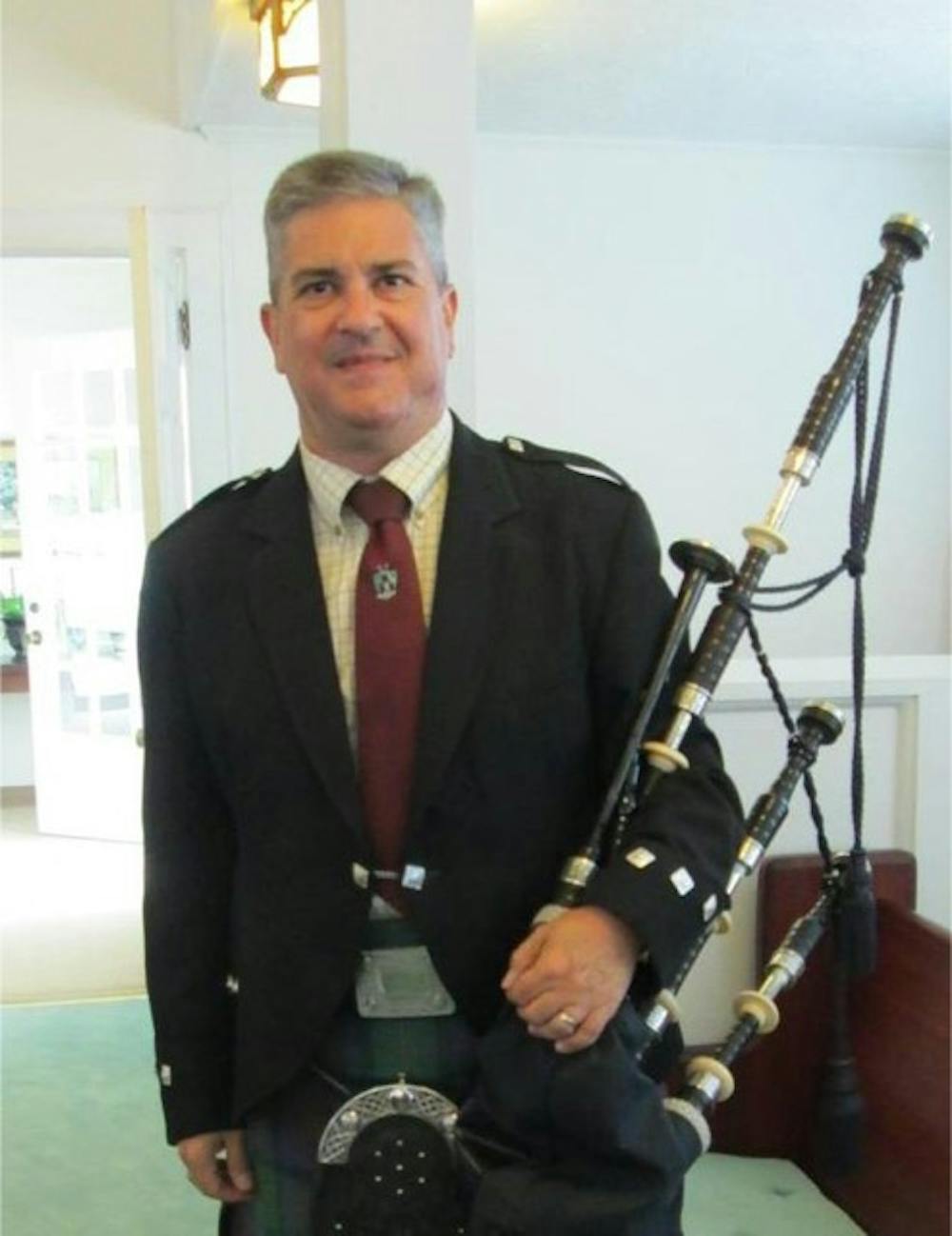UNC students will have the opportunity to learn about Gaelic culture not just through words but also through music.
The "Tales and Tunes of the Scottish Highlands" event will present stories and songs from both ancient and contemporary Scotland on Wednesday at 7 p.m. in Graham Memorial Hall.
The event, sponsored by the Carolina’s Human Heart program and UNC’s Department of English and Creative Literature, will feature readings of stories written in Scotland with musical accompaniment by bagpipes.
The event was the brainchild of Michael Newton, who received his Ph.D. in Celtic Studies from the University of Edinburgh. He said his inspiration came from wanting to further the study of Gaelic culture in academia as well as the Scottish diaspora and to spread that study to UNC. He said Scots are a very misunderstood group in the academic field, and he wants to give their story the attention it deserves.
“The fact is Scottish Gaels, I would say, are the largest ethno-linguistic group in the U.S. that are not represented in academia,” he said. “The heritage is all over the place — it's not narrow, it's not specific, it's actually very widespread, but it's not recognized in academia."
North Carolina is of particular interest to Newton because of the large number of Scottish settlers who came to the area. Many families, he said, in the Cape Fear Valley are of Scottish Gaelic descent.
“The Cape Fear Valley, just south of us, was the largest settlement of Scottish Gaels outside of Scotland up into the 1800s,” he said. “There was a huge number of Gaelic speakers in 1800s in the Carolinas and the last speaker died in the 1930s.”
Bill Caudill, director of the Scottish Heritage Center at the University of St Andrews, will speak at the event and provide the music. He said he was inspired to study Scottish Gaelic culture in the 1970s, which was when he started to play the bagpipes. The decision opened up a whole new world of Scottish culture to him, and he continues to teach on the school pipe team at St. Andrews. He said he thinks the event will open up people to music they rarely hear outside of a formal setting.
“The fact is (playing the bagpipes is) not just a novelty, but a deep Gaelic tradition," he said. “It's not just a novelty for St. Patrick’s Day or funerals. This is an event that will show the deepness and variety of Gaelic culture."




